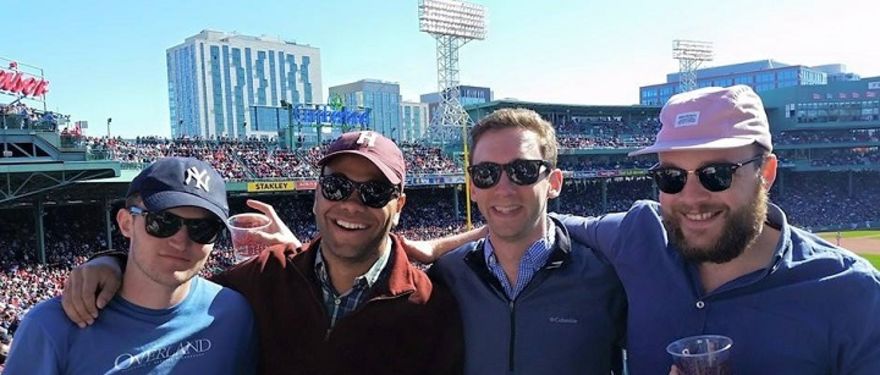By now, I’m sure you’ve read a hundred times over that HBS’s mission is to “educate leaders who make a difference in the world.” For the school to actually do this, they focus on the case method, the section experience, and learning the hard skills to make you successful in your first job out of school (and the list goes on and on).
What I’m guessing you probably don’t know is just how much time and effort the school puts into honing your “soft” skills and helping you really evaluate what it means to be a leader.
Two years ago, I was in your shoes. When deciding between schools, my decision began to hinge not on which school could teach me finance better or give me a better network (those were table stakes), but rather on which school could help me become a more thoughtful leader – one who would be more in-tune with the interpersonal side of business.
To be honest, I wasn’t initially sure if HBS was that place. I didn’t hear that much about courses offered in this area, but after talking to current students and professors, that myth was shattered. Here’s what I learned throughout my decision making process and during the past two years at school.
1. The “Soft-Skills” Courses Really Do Exist at HBS!
After looking through the school’s course catalogue and reading through many of the course descriptions, I found out just how many courses touched on this theme. In your RC year, you spend all of FIELD I developing your leadership style through team-based simulations and reflection.
In your EC year, there is an even greater chance to dive into these areas. The Organizational Behavior Unit has courses on Authentic Leadership Development, Managing Human Capital, and Power and Influence. The Negotiations Unit has courses like Managing, Organizing, and Motivating for Value and (of course) Negotiations. The wealth of opportunities to hone your own interpersonal skills really impressed me.
2. Professors and Students Are Very Passionate about This Topic
Ok, so it was great to find out that courses existed, but that meant nothing if the best professors and students weren’t interested in these topics. Authentic Leadership Development (or ALD as it’s more affectionately known) is a perfect example here.
ALD has been the single most impactful class I’ve taken at school and the professors and students are what mattered. The course was developed by the guy who literally wrote the book on what it means to be a committed, thoughtful, emotionally intelligent leader (Bill George – look him up!). To show you just how popular this course is among students, if you wanted to get my specific professor, it had to be your #1 choice when choosing classes for EC year.
3. It’s Amazing How Much You Will Learn about Yourself
These classes aren’t for the faint of heart – if you’re not willing to reconsider longstanding assumptions about yourself and how others perceive you, you won’t get the most out of them. Luckily, the other students in all of these classes do an amazing job being fully committed to the learning environment and pushing and challenging you.
For ALD, students are broken up into groups of six that meet weekly for two hours outside of class. These meetings became a sacred time to really open up and share your fears, your desires, and your hopes and dreams – and an equally important time to learn from and bond with your groupmates. I know I learned more from their stories and how they dealt with adversity than many other classes put together.
If you couldn’t already tell from my stories above, these classes have truly made my HBS experience. If you’re someone who has been wondering about the availability or impact of these types of courses, hopefully I’ve been able to show you just a small glimpse of what HBS has to offer.
If you’re someone who has another area of interest, my suggestion to you is not to hesitate to really dig into a school’s curriculum and programs and make sure it offers all you’re looking for. Reach out to alumni, current students, and professors – having all been in the classrooms and gone through the experience, they’ll be your best resources to find out what a school really is like.

